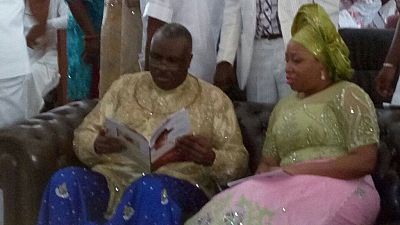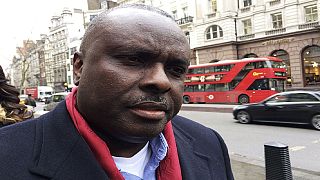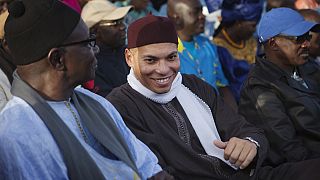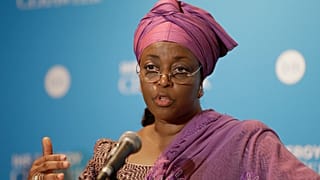Nigeria
James Ibori, an ex-convict and former governor of Nigeria’s oil-rich Delta State has insisted that his time in jail was due to wrong accusation and maligning by persons who wanted to brand him a thief.
Ibori who was recently released from a United Kingdom jail returned to the country about two weeks ago to a mammoth reception in his village.
Whiles speaking at a thanksgiving event over the weekend, he insisted he was not a thief. He added that his accusers only wanted to separate him from his people. ‘‘They want me to go to the corner where I will not be seen.
‘‘Today, I have decided to speak for myself. I am not a thief, I cannot be a thief. Today is the day they say I should give testimony to God.
‘‘For those who know me, you know that my life is a testimony itself. I’ve said it over and again that my life is fashioned by God, directed by God, sealed, acknowledged and blessed by God, I believe that since the day I was born,’‘ he added.
Ibori pleaded guilty to a financial crime and was sentenced by the UK court on charges of money laundering. He was released from a UK prison in December 2016 after serving half of his 13-year sentence.
He told Reuters after his release that he could return to politics back in Nigeria, ‘‘I am a politician, I will always be a politician. I play the politics in my party and in my country for the good of my people,’‘ he said.
But local laws bar him from politics for a decade because of his conviction. He was a governor on the ticket of the opposition Peoples Democratic Party (PDP) and was seen as a close ally of two former presidents, the Late Umaru yar Adua and Goodluck Jonathan.














01:30
Police disperse protesters demanding compensation following mass eviction
Go to video
Uganda court releases rights activist on bail
01:12
Nigeria army rescues 11 kidnap victims on Kaduna–Abuja highway
Go to video
Nigeria: Soldiers face trial for alleged Tinubu coup plan
01:32
US, Nigeria diverge in details over strikes on militants
02:05
Singing contest in Rio prison offers creative outlet for women behind bars